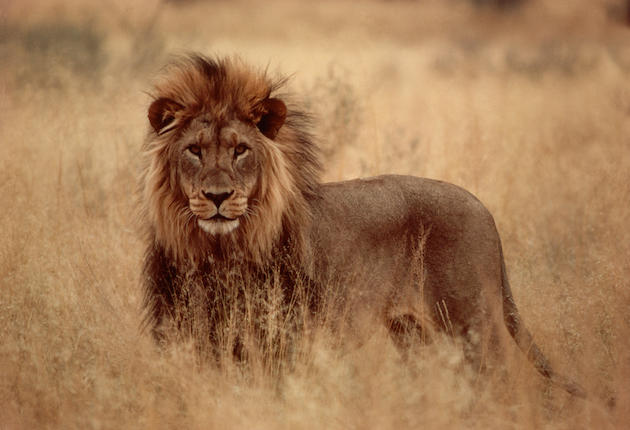In the never-ending fallout from Walter Palmer’s Zimbabwean lion hunt, France has become the first member of the European Union to ban lion trophies from entering its borders. Anti-hunters are celebrating the decision as a win, but the move will prevent legally taken lions from being imported by hunters.
The decision came Nov. 12, after Blood Lions, a documentary on the captive-bred lion hunting industry, was screened at the European Parliament. The film goes behind-the-scenes of the so-called canned lion hunting industry, but has painted such a vile of picture of lion hunting in general that the French government has instituted a ban on the importation of all lion heads, paws, skins — legal or otherwise.
More than that, the ban is the first step in what may become a larger ban on hunting trophies. France’s environmental minister, Ségolène Royal, is reportedly considering stricter controls on other importations, though which species remains unclear.
“Concerning other species trophies, I am in favour of a much stronger control for hunting trophies and this issue will be discussed with all the countries concerned and with the EU,” Royal was quoted by The Guardian as writing.
Anti-hunters are celebrating the knee-jerk decision as a victory, complaining the move was actually too slow in coming. Australia passed a similar ban in March, with several U.S. senators introducing the “CECIL Act” — Conserving Ecosystems by Ceasing the Importation of Large Animal Trophies — on July 31. The act would produce a similar ban on the importation of lion trophies into the states, along with any other animals on the Endangered Species List.
Anti-hunting groups are calling on the United Kingdom to ban lions next. The UK’s own anti-hunting group, Lionaid, is working from inside the country to produce a similar ban to France’s. The Guardian quoted the group as being “overjoyed” by its fellow EU member’s move.
Surprisingly, the European Union’s own scientific research team met in September and elected to continue allowing lion trophy importation from Zambia, Tanzania, and Mozambique.
Cover Image: Thinkstock

